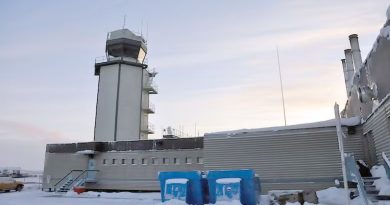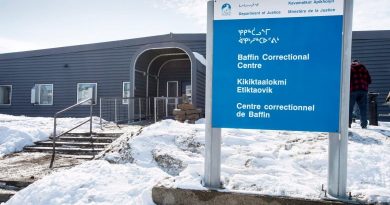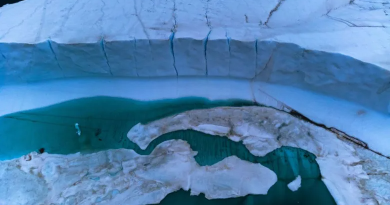Mining boost in Russian central Arctic to feed electric vehicle market
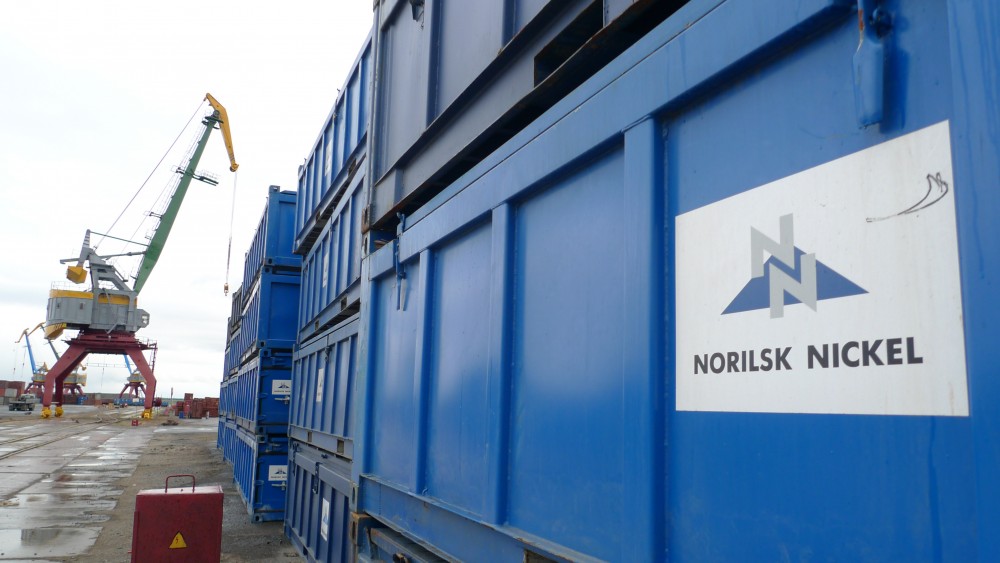
Russia’s Nornickel says it can supply enough battery packs to reduce global CO2 emissions by 50-100 million tonnes over the electric vehicles’ life cycle.
10-years strategic ambition for mining on the Arctic tundra is set to 30 million tonnes per year, the Russian metal-giant said at its annual capital markets day.
Nornickel, describing itself as “the world’s best Tier-1 mining resource,” says its unique commodity basket gives the company the best position to support the world’s shift to clean energy mobility.
The announcement to boost production of core metals for battery production comes as the International Energy Agency (IEA) estimates sales of electric vehicles (EV) to reach 44 million annually by 2030, up from about 2 million in 2018.
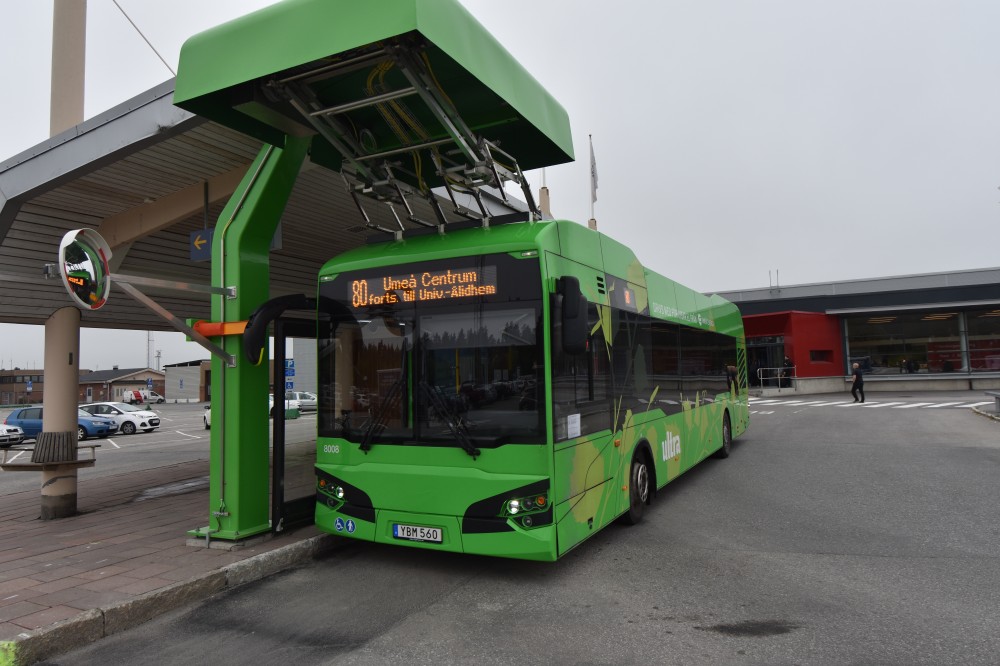
With a mining capacity of 30 million tons of ore on the Taimyr Peninsula (Russian central Arctic) by 2030, Nornickel says annual production of nickel would be 250,000 to 280,000 tons and 520,000 to 560,000 tons of copper. That is an increase of up to 30% of nickel production and up to 40% of copper production.
Both nickel and copper are core metals in batteries for electric cars, buses and ships.
“We believe that we could supply enough nickel to produce 3.5 to 5.5 million nickel-rich EV battery packs, which could reduce global CO2 emissions by 50-100 million tonnes over the EV’s life cycle,” the capital market days announcement reads.
Pollution from mining infrastructure
The two mining areas where output will see a boost are the Talnakh deposit and the recently approved South Cluster mining project.
The mining town of Talnakh is located some 20 kilometers north of Norilsk.
After recently closing down the oldest nickel smelter in Norilsk, production of pure nickel metal for the mining and matte melting was transferred to Monchegorsk on Russia’s Kola Peninsula as well as to the company’s Harjavalta refinery in Finland.
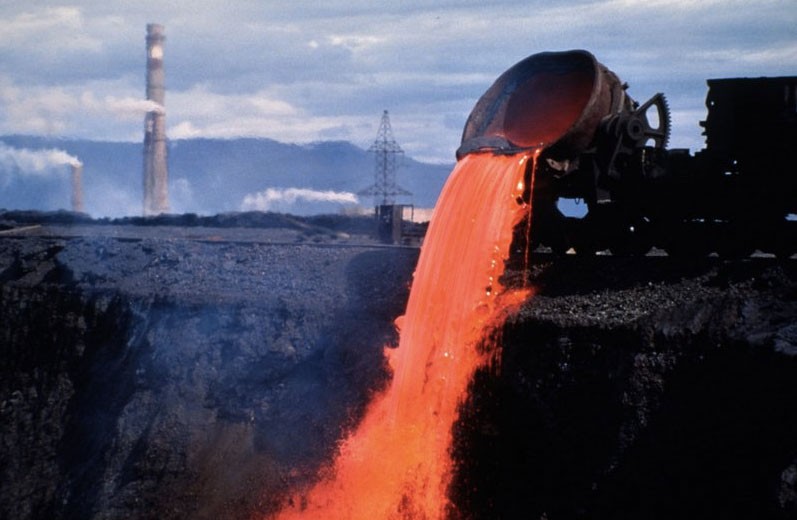
Although Nornickel has started a large-scale modernization of its mining, processing and smelter industry in the very north of Russia, the town of Norilsk was earlier this year places as No. 1 on the list of the world’s worst sulfur dioxide (SO2) polluters.
1.9 million tons of SO2 from the chimneys in Norilsk were blowing over the Arctic tundra on the Taimyr Peninsula in 2018, according to an estimate in a NASA satellite study, as previously reported by the Barents Observer.
Related stories from around the North:
Canada: Hybrid-powered electric cruise ship navigates Northwest Passage, CBC News
Finland: Mining companies to pay higher deposits for environmental damage in Finland, Yle News
Greenland: Greenland isn’t for sale, but it is for lease, Cryopolitics Blog
Norway: Minister downplays environmental impact of planned mine in Arctic Norway, The Independent Barents Observer
Russia: Major rare metal plant planned for Russia’s central Arctic, The Independent Barents Observer
Sweden: Giant battery factory bringing economic boom to Northern Swedish city, Radio Sweden
United States: Fight over contested Alaska mine project aired at US House hearing, Alaska Public Media

